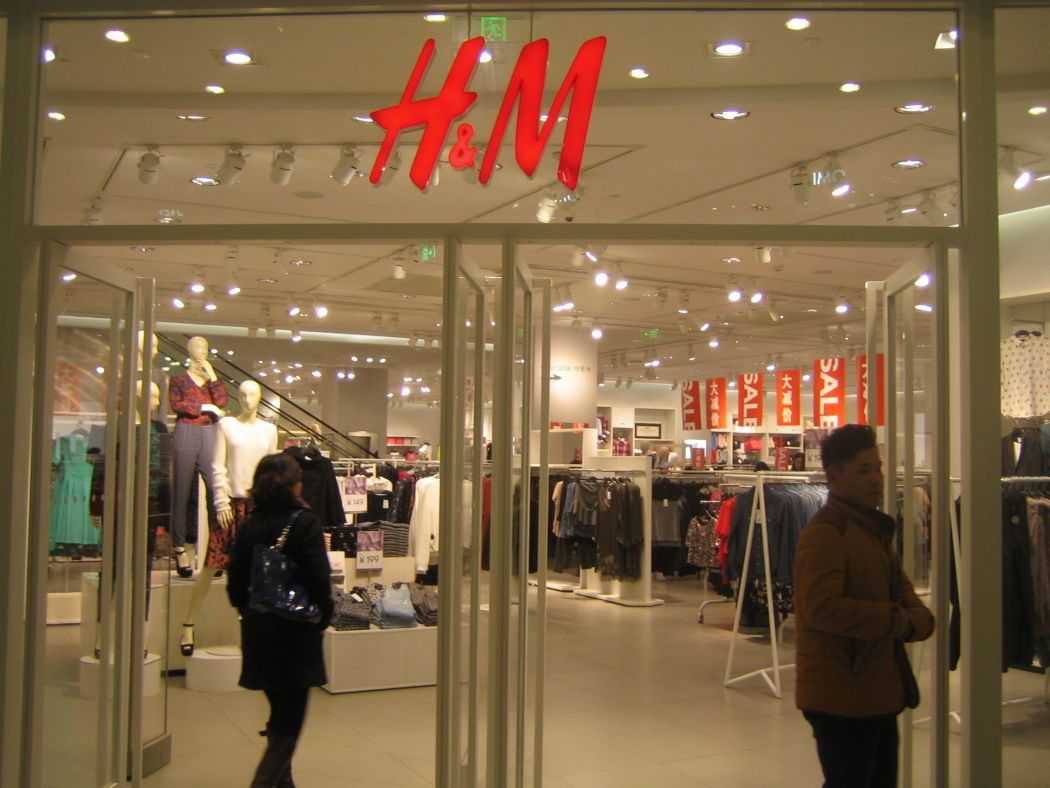An investigative report released on Tuesday by Students and Scholars Against Corporate Misbehavior (SACOM) has found a huge discrepancy between the policies pledged by top fashion brands Zara, H&M and The Gap, and the actual working conditions it provides to its employees.
The Hong Kong-based NGO said that in spring 2015 and 2016, it conducted undercover investigations inside four supplier factories in China. It found that, despite the comprehensive CSR (Corporate Social Responsibility) policies and ethical practices the three brands proclaim to have, they often fail to meet them.

For example, SACOM said, the brands have working hour policies that gives workers days off and cap working hours at 48 per week, but workers are forced to work overtime to meet tight delivery times. In the worst cases, employees work from 7:30am to around 1-2am and are only given one rest day every month, it said.
SACOM also said that employees’ wages in supplier factories are calculated according to fixed and meagre piece rates, which pushes them to work overtime. The wages also fluctuate based on seasons, and as a result workers are not paid a living wage, which goes against the brands’ codes of conduct.
The group further found workers exposed to harmful substances without protective gear, machines that are unsafe to operate due to lack of training, and inadequate fire escape paths. All of this put workers’ health and safety at risk – which is contrary to the safe working conditions the brands promised, SACOM said. The workers also do not have a channel to voice their needs and strikes are often suppressed, the group found.
“Based on the investigation, Zara, H&M, and GAP’s CSR policies are proved to be empty promises and are not beneficial to workers at all. Though brands employ staff and partner with other external auditing firms to conduct plenty of audits every year, SACOM’s investigation unveils that supplier factories guided workers to lie to auditors and prepared fake documents to cover up the issues in working condition,” the group said.
SACOM urged the brands to change the “unfair infrastructure of wages” by paying a living wage for workers within standard working hours, providing them with sufficient health and safety training, and giving the workers the right to form unions to fight for better conditions.
